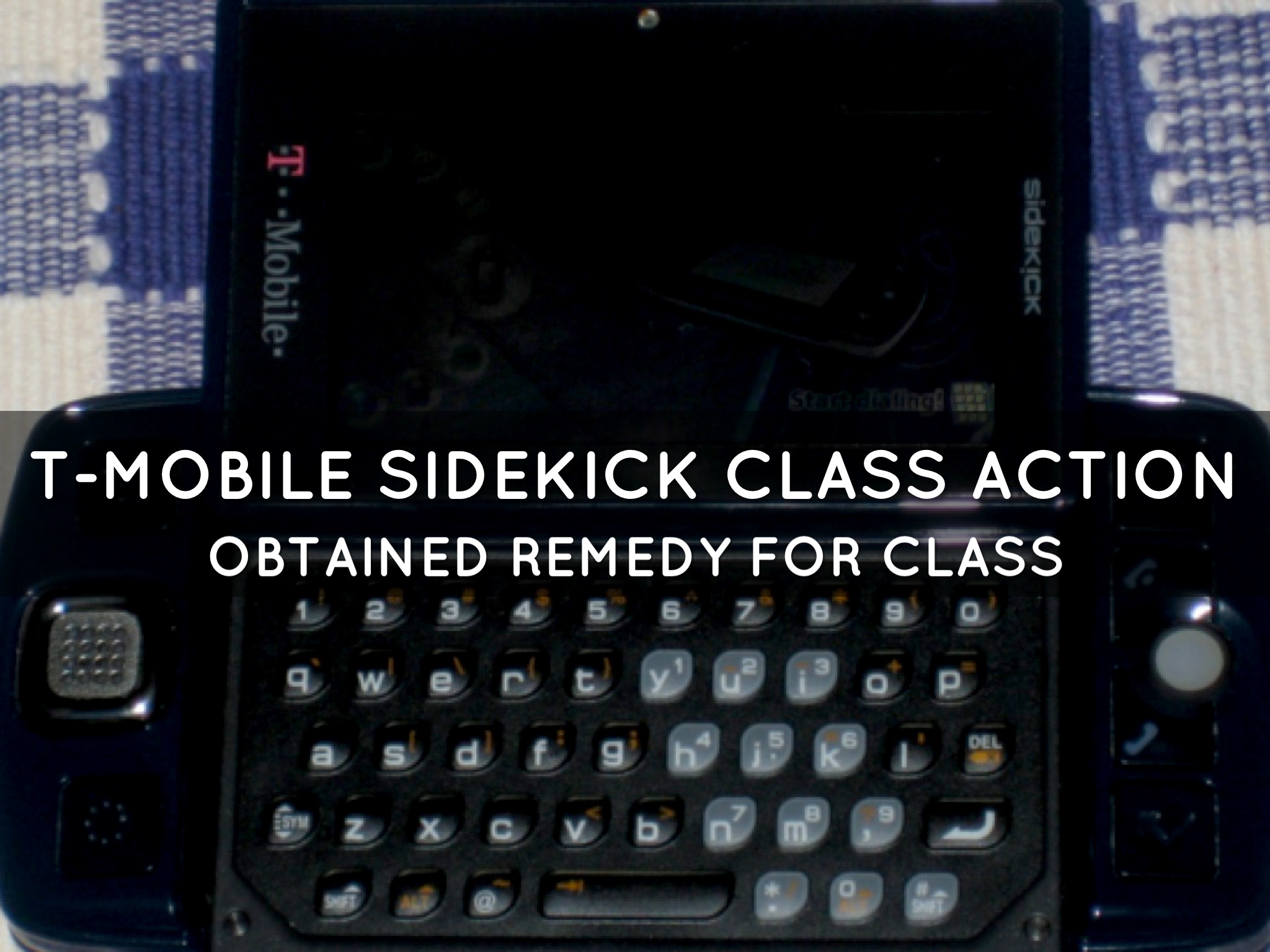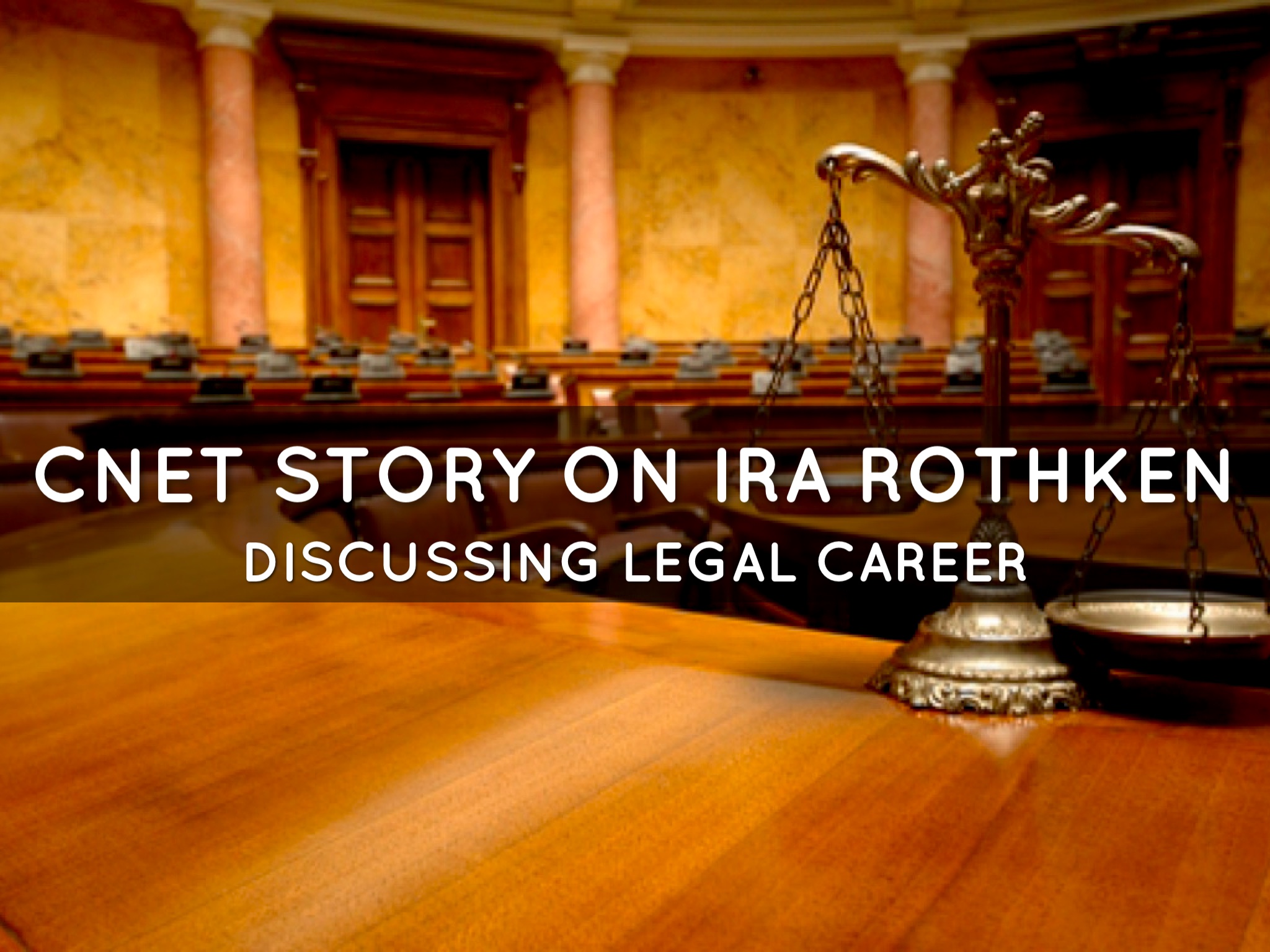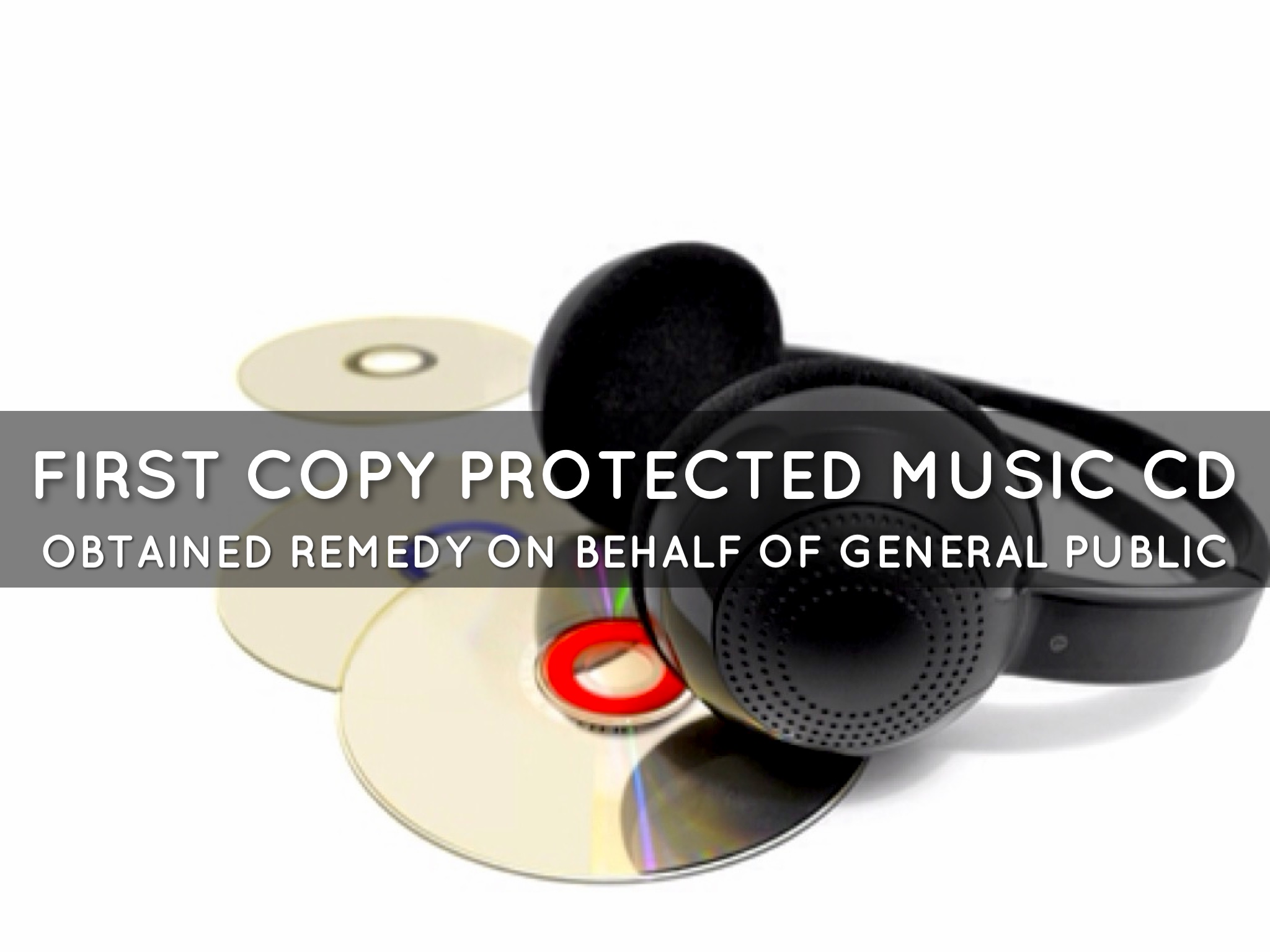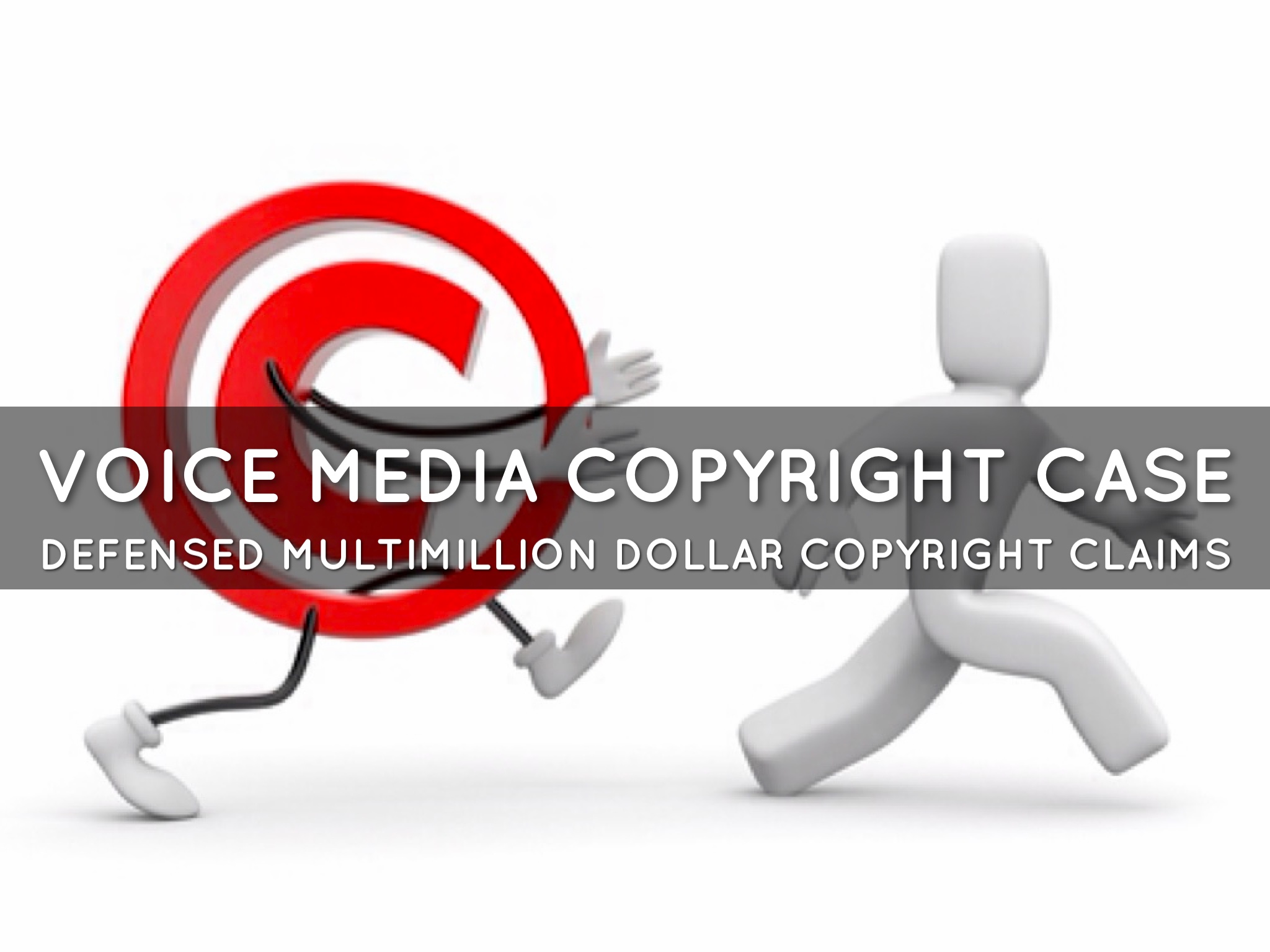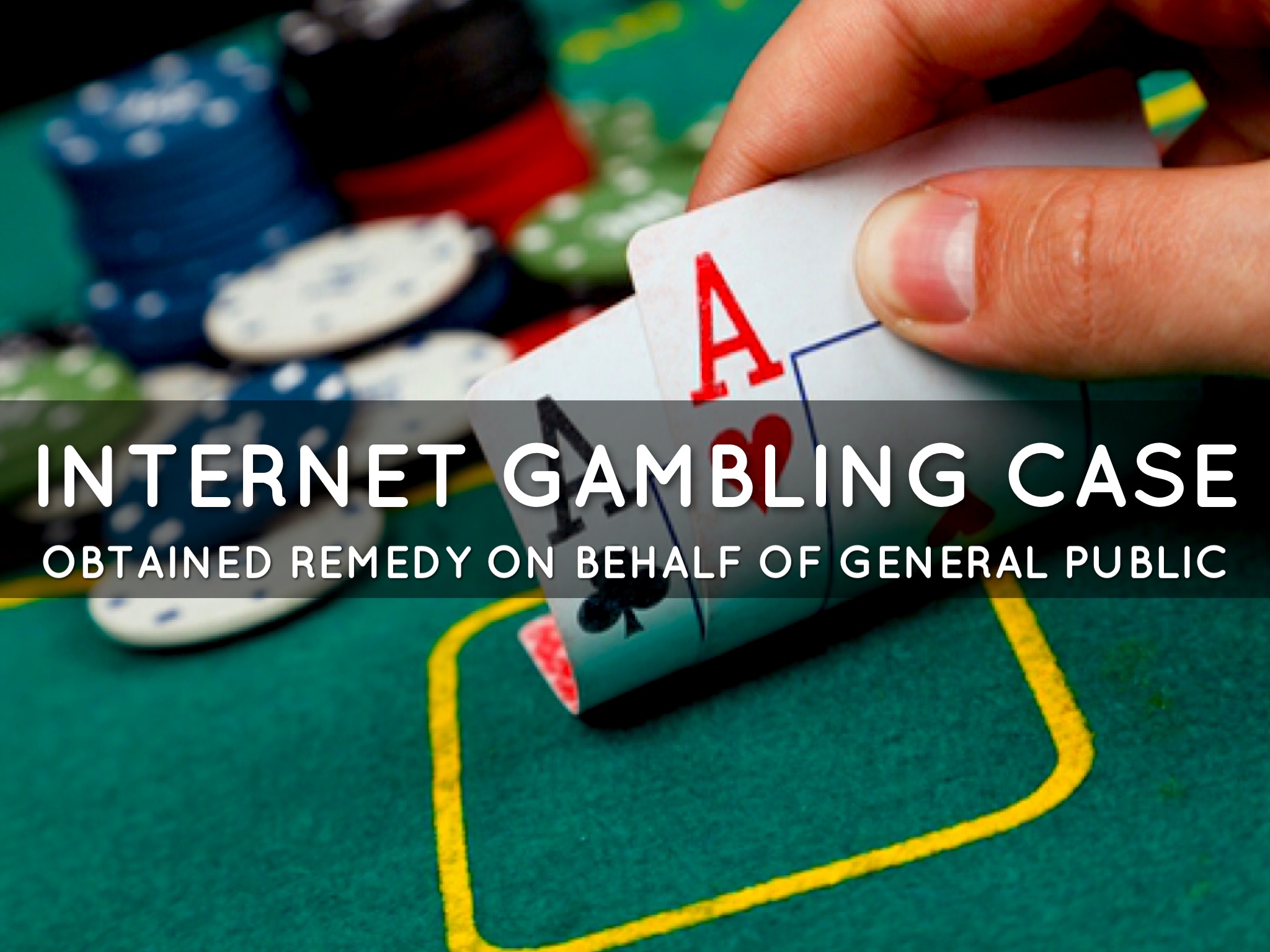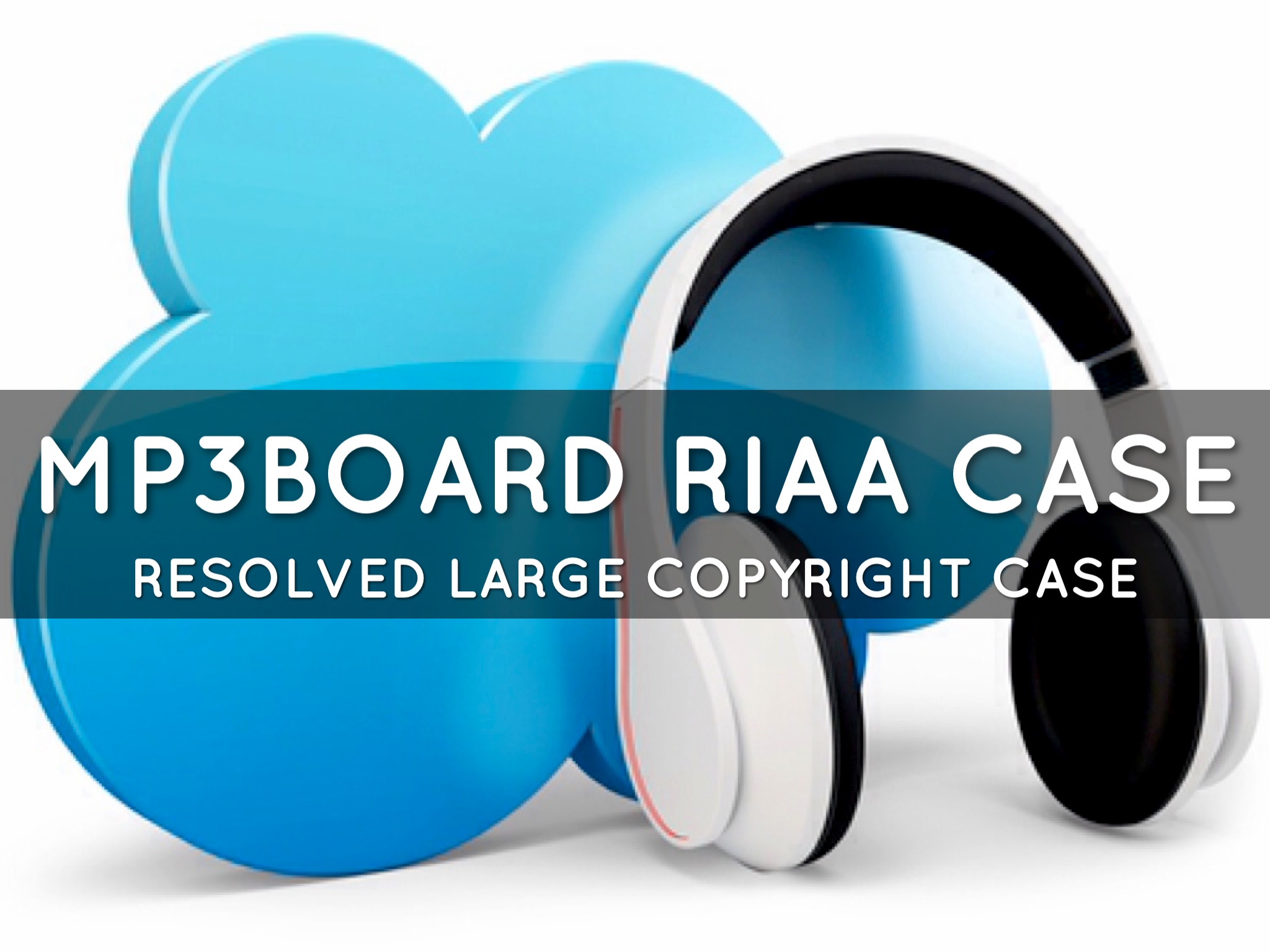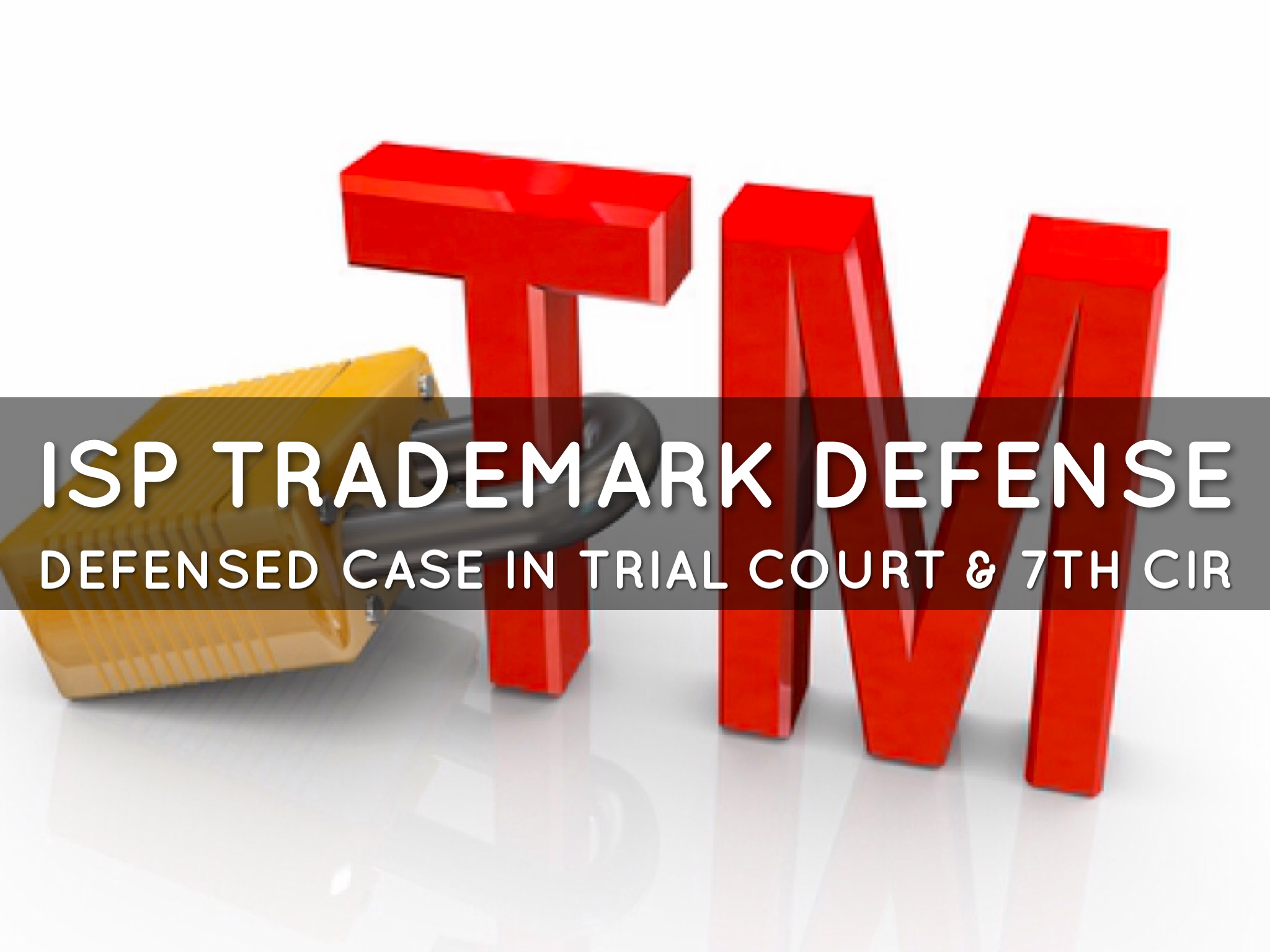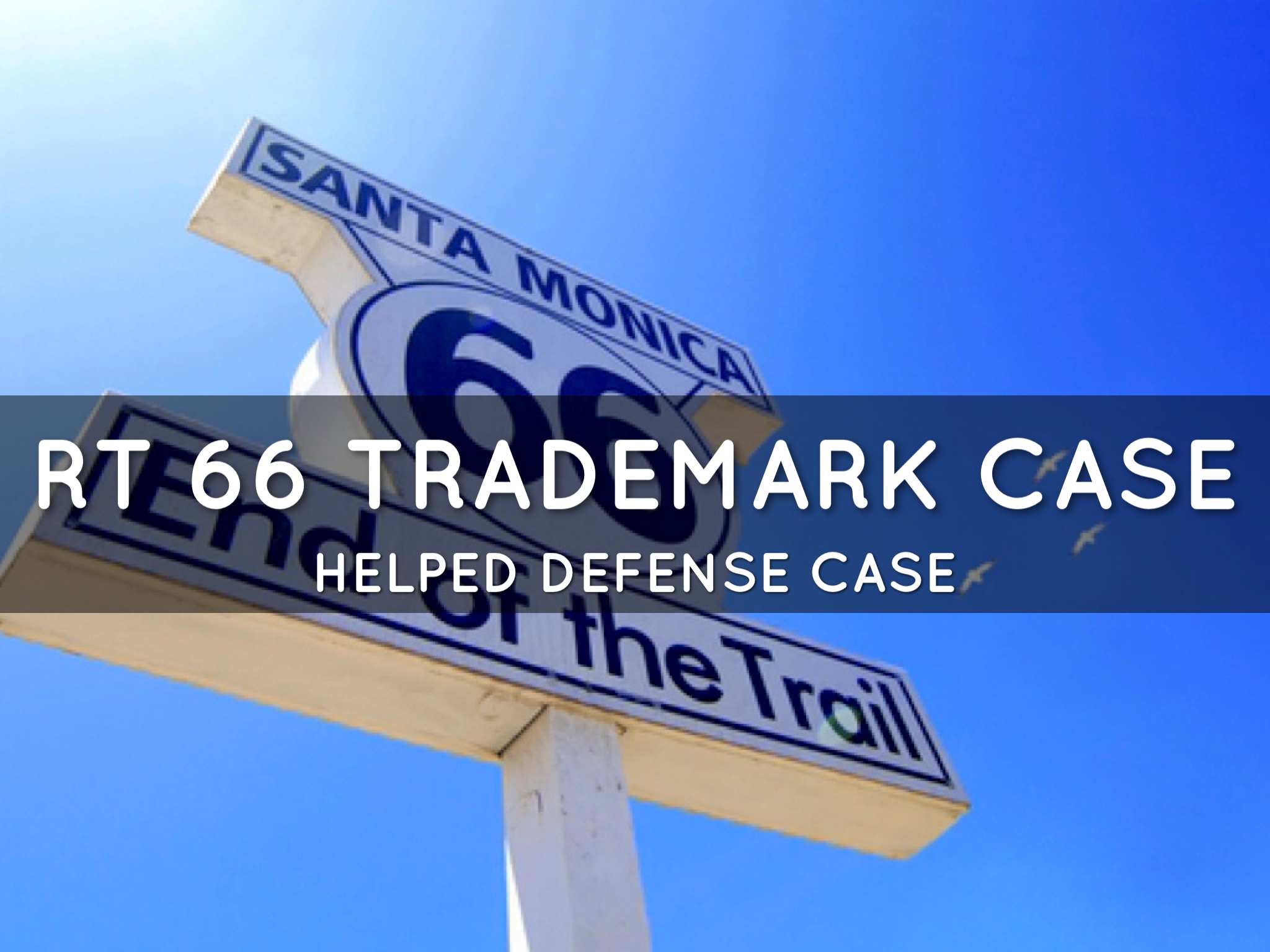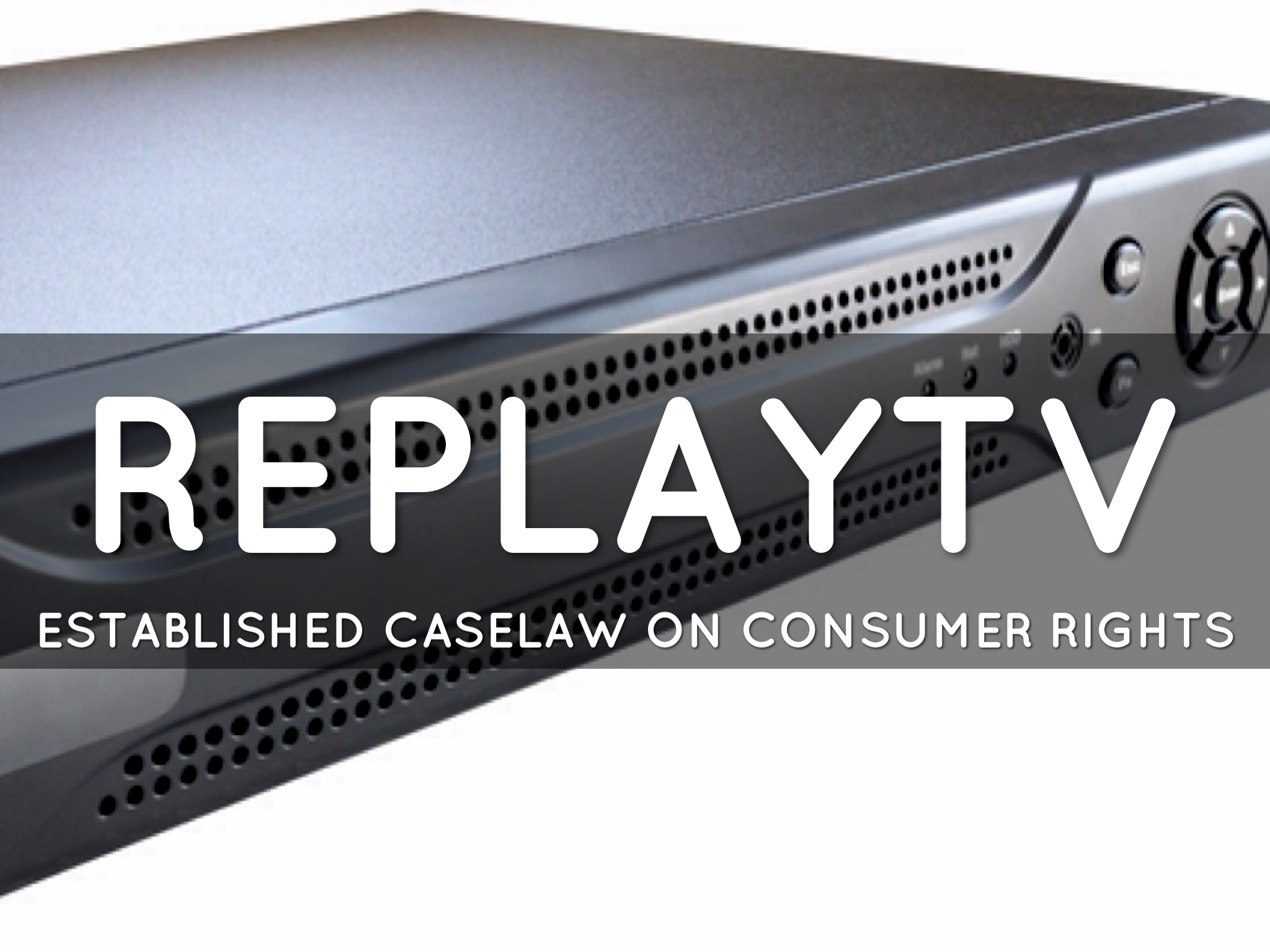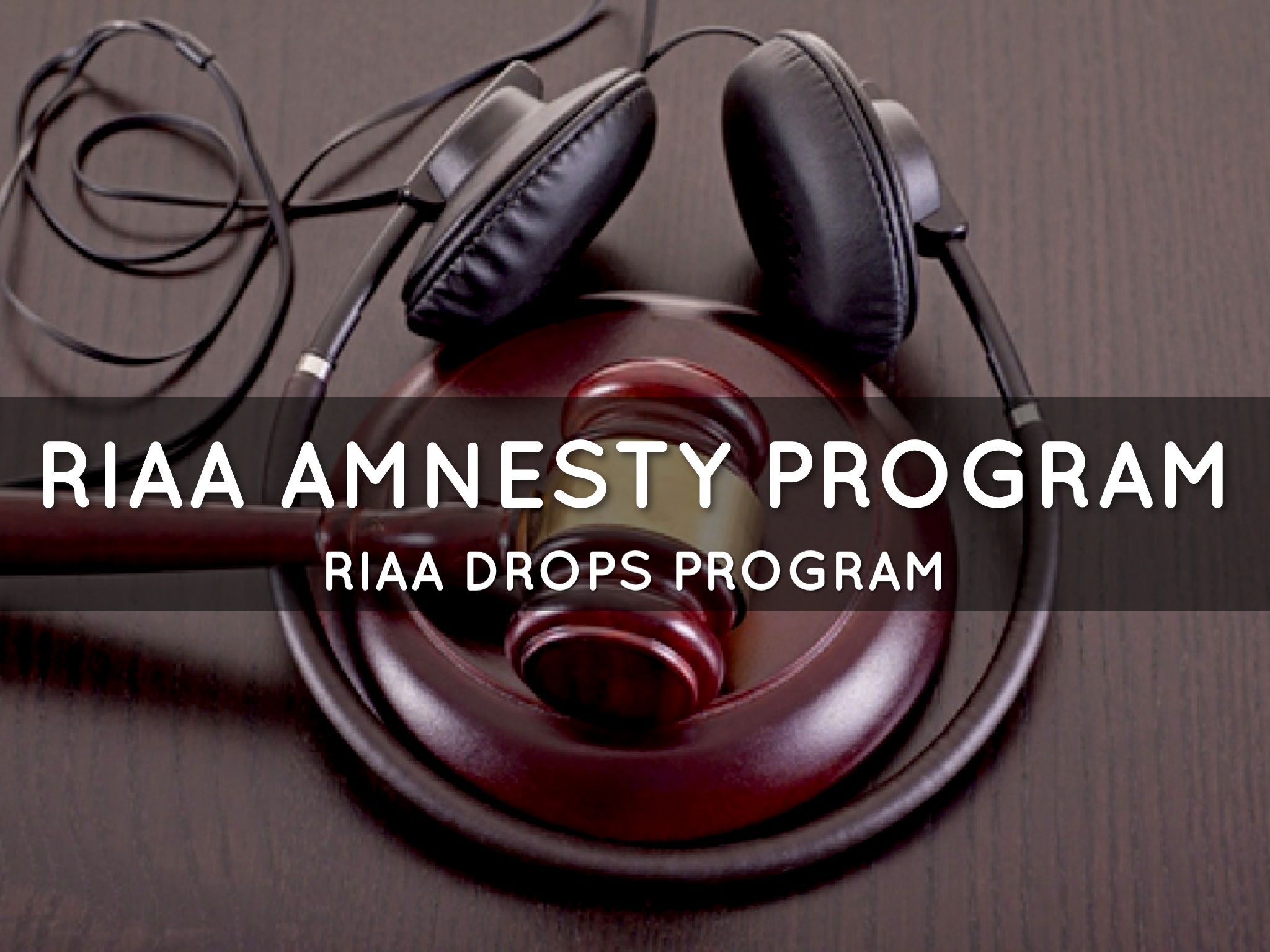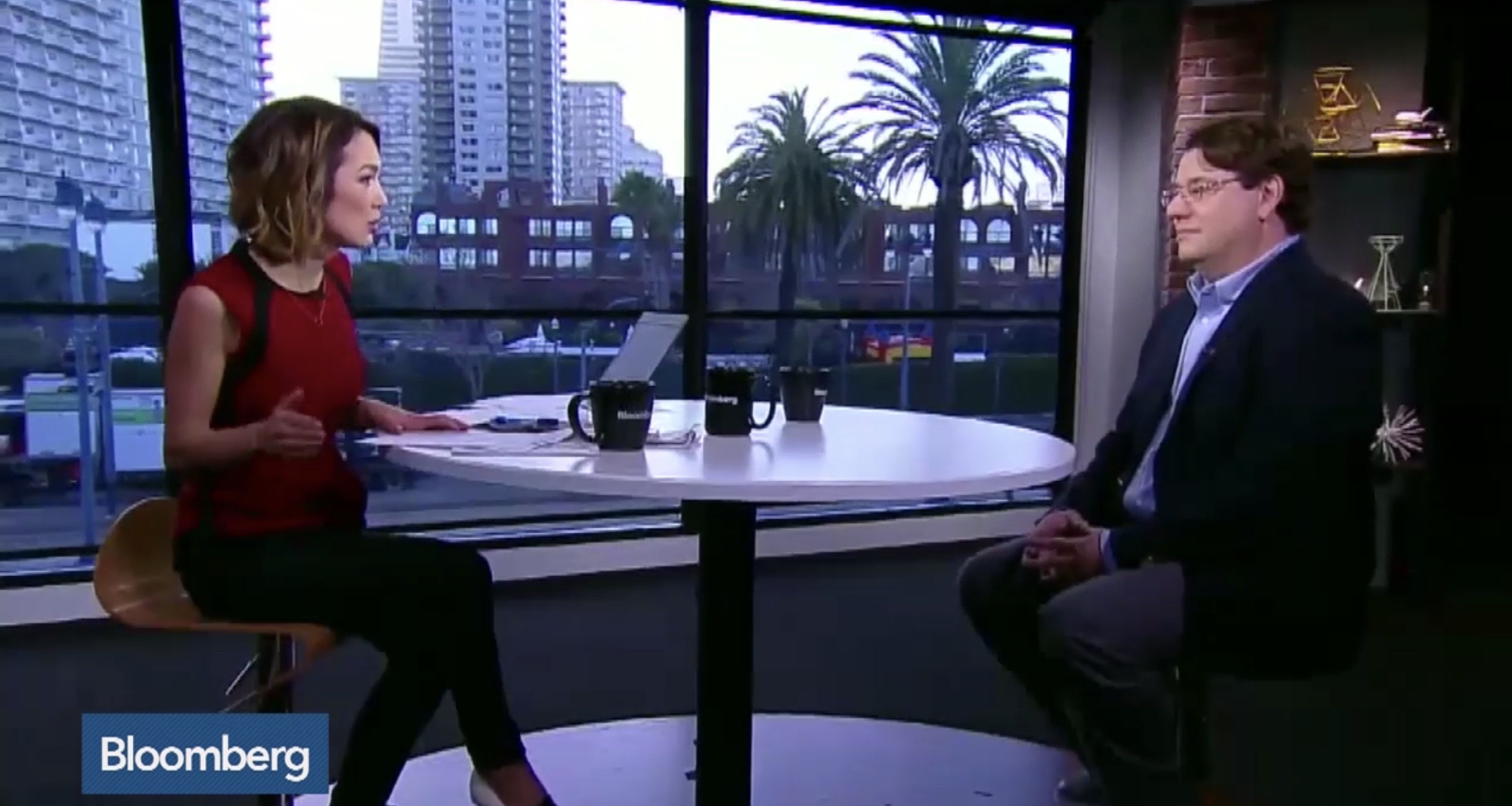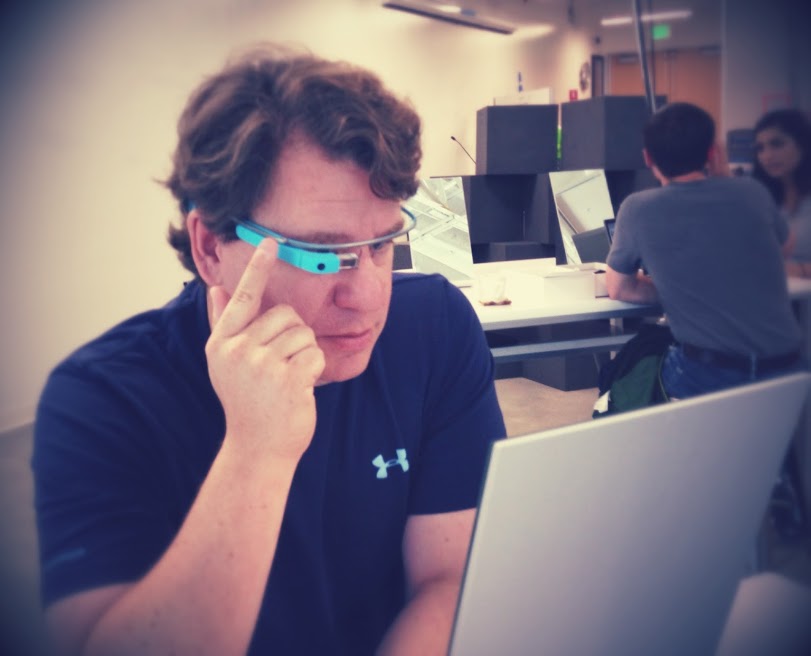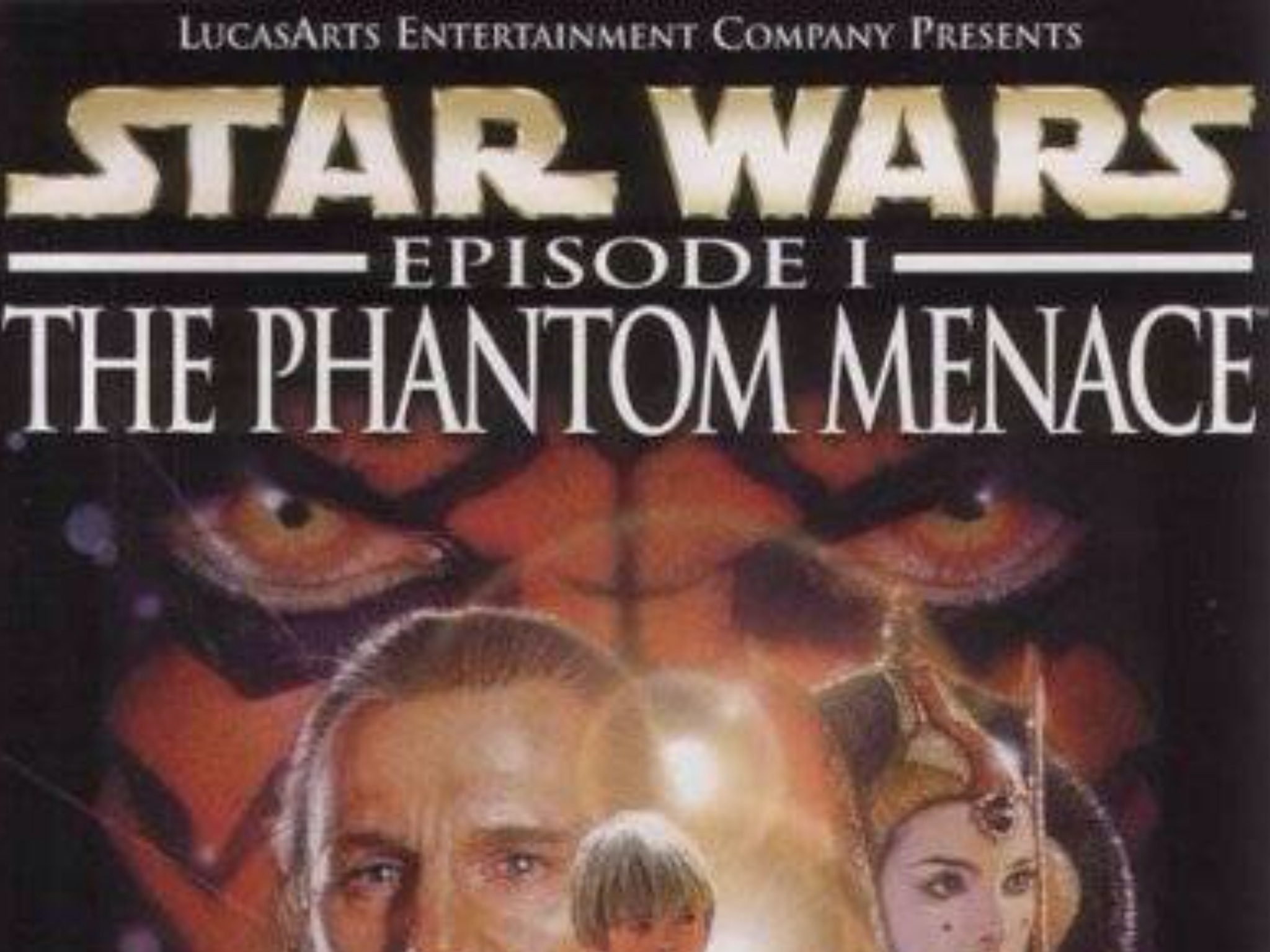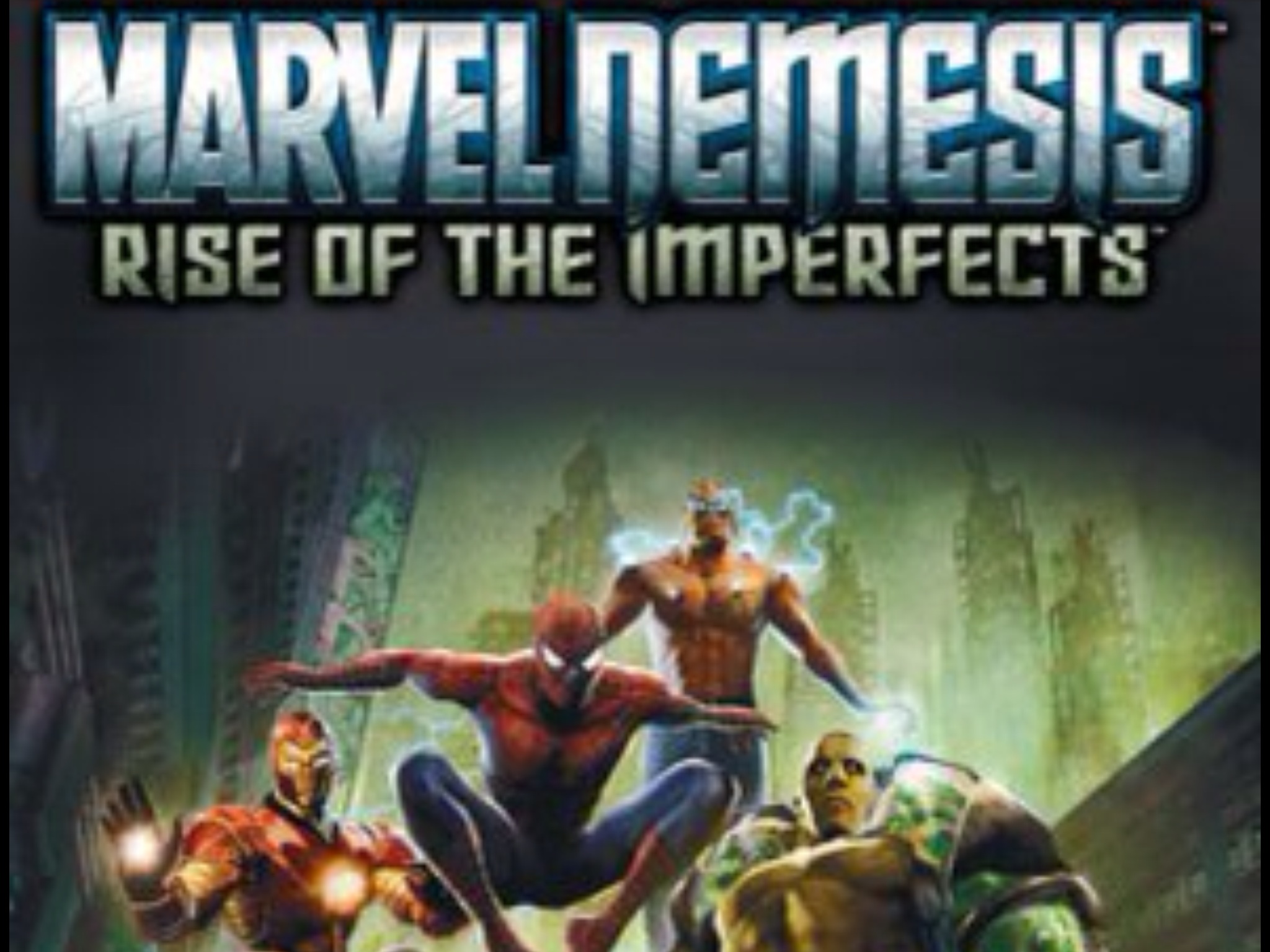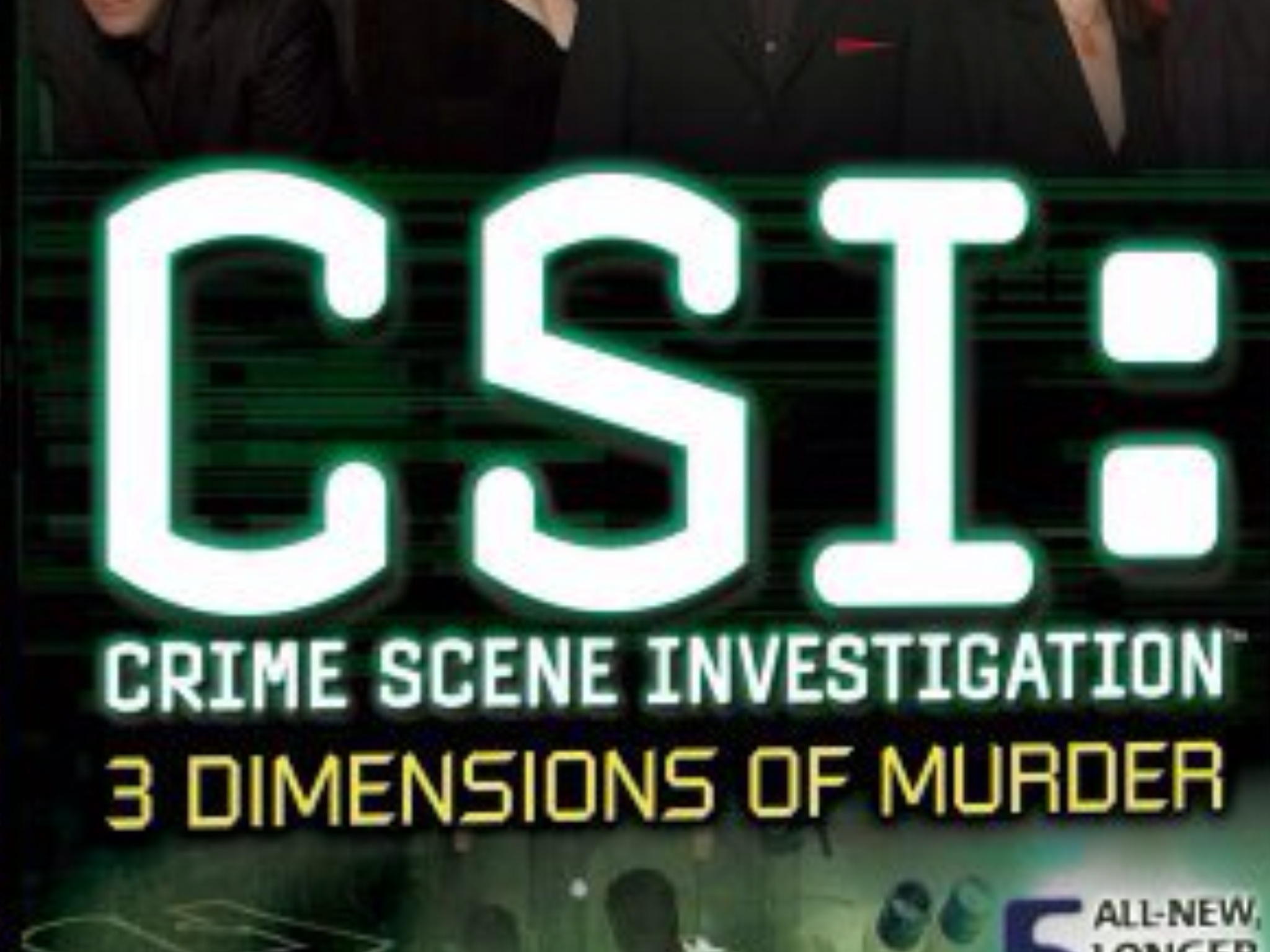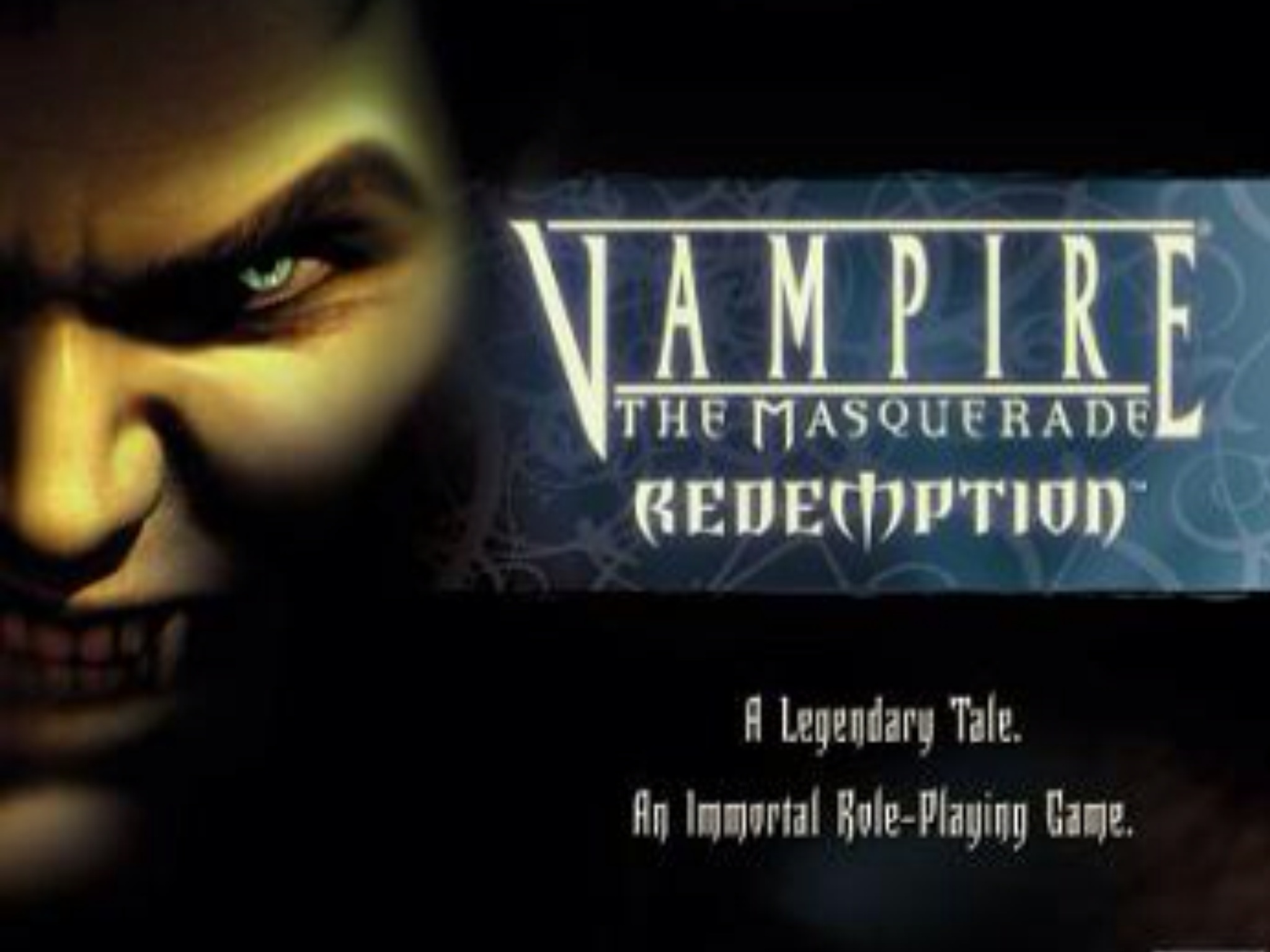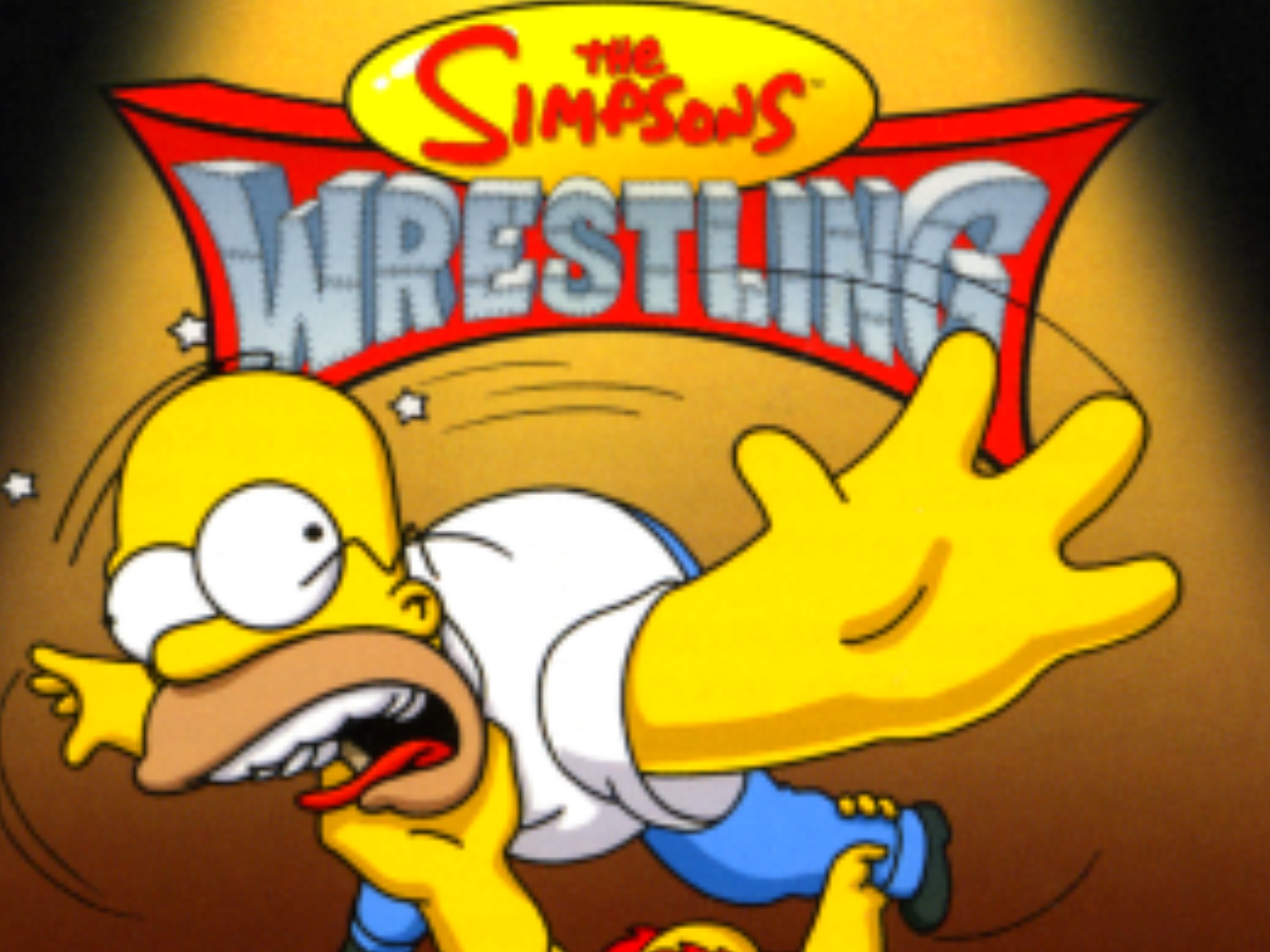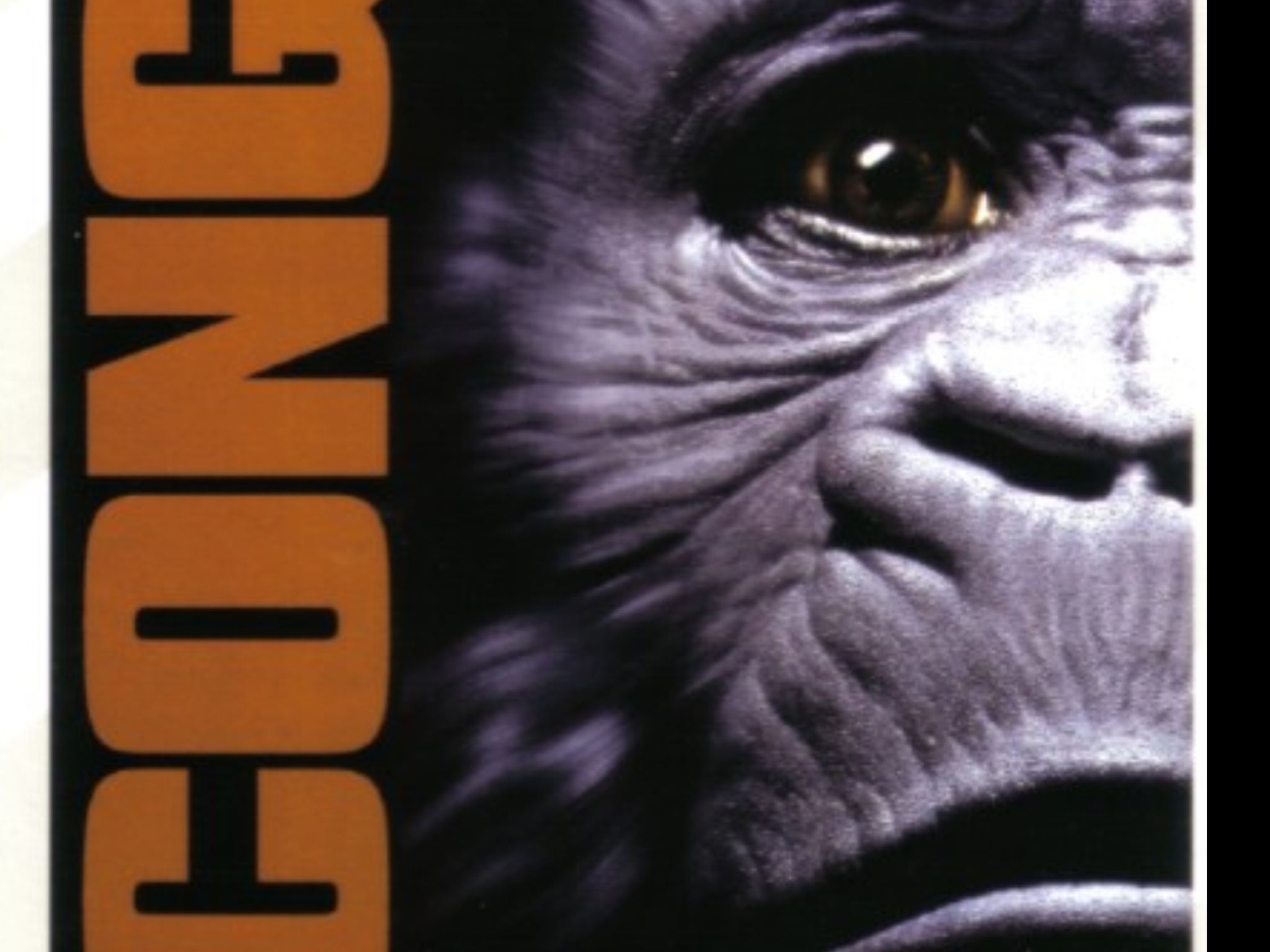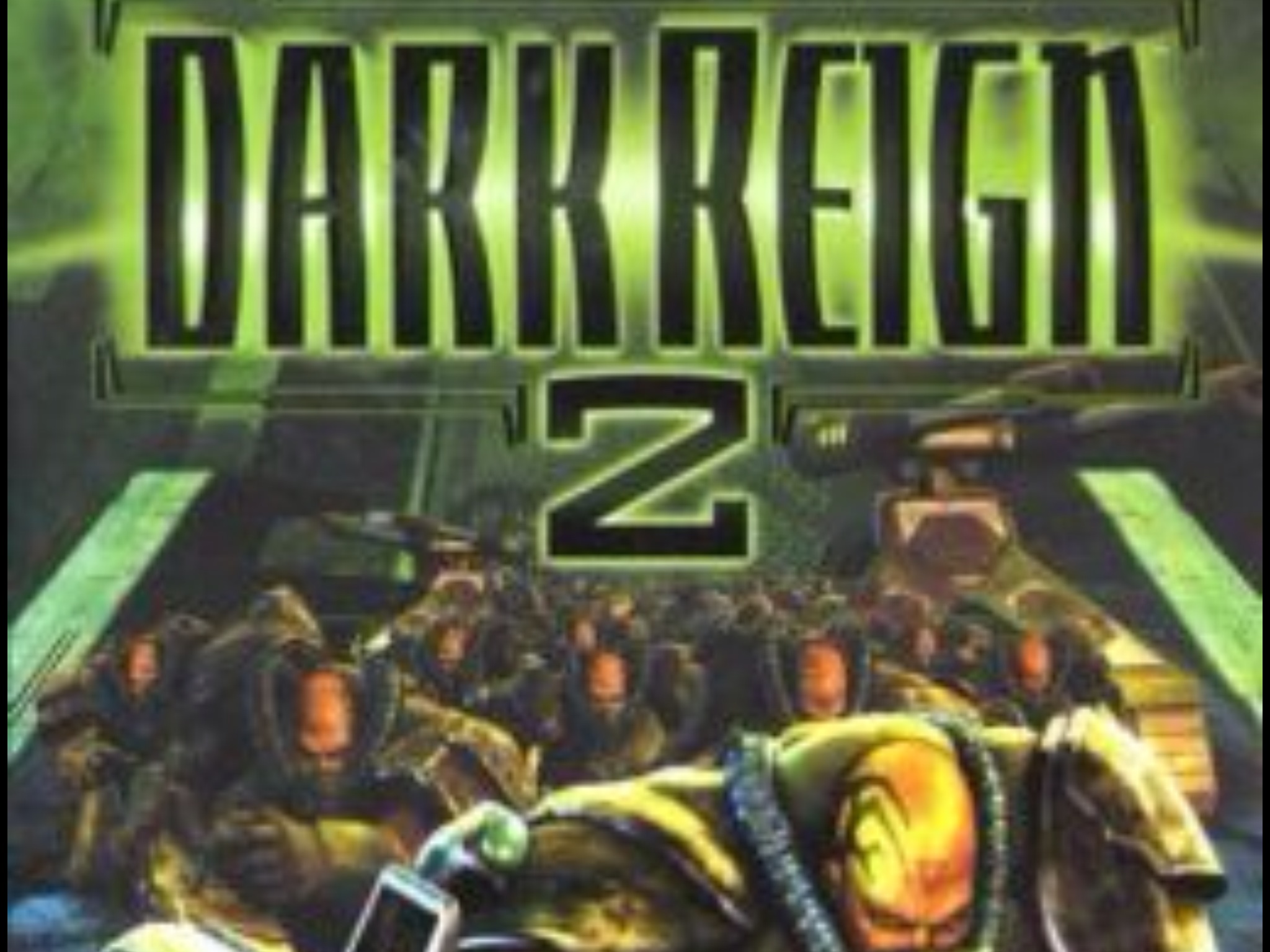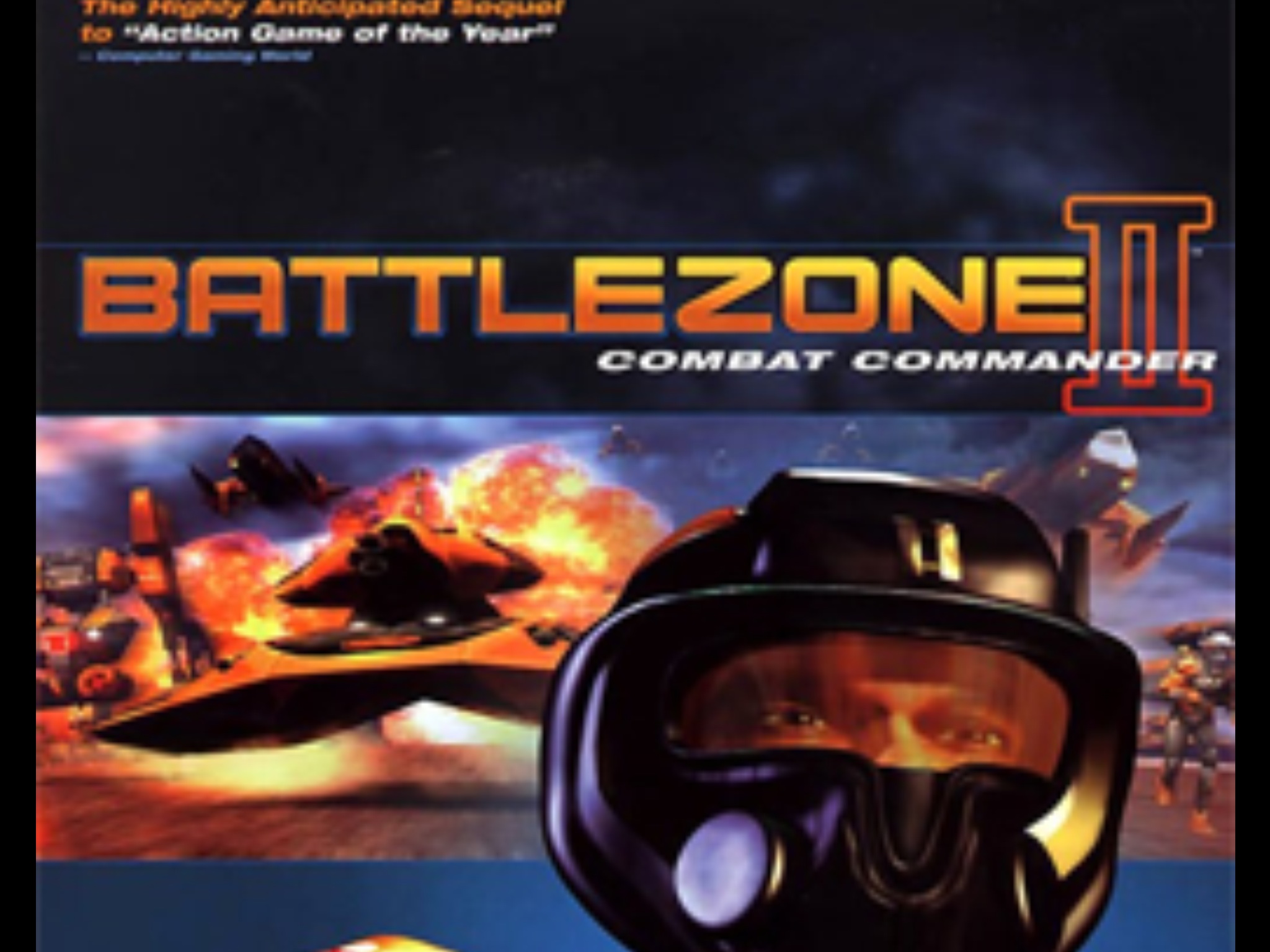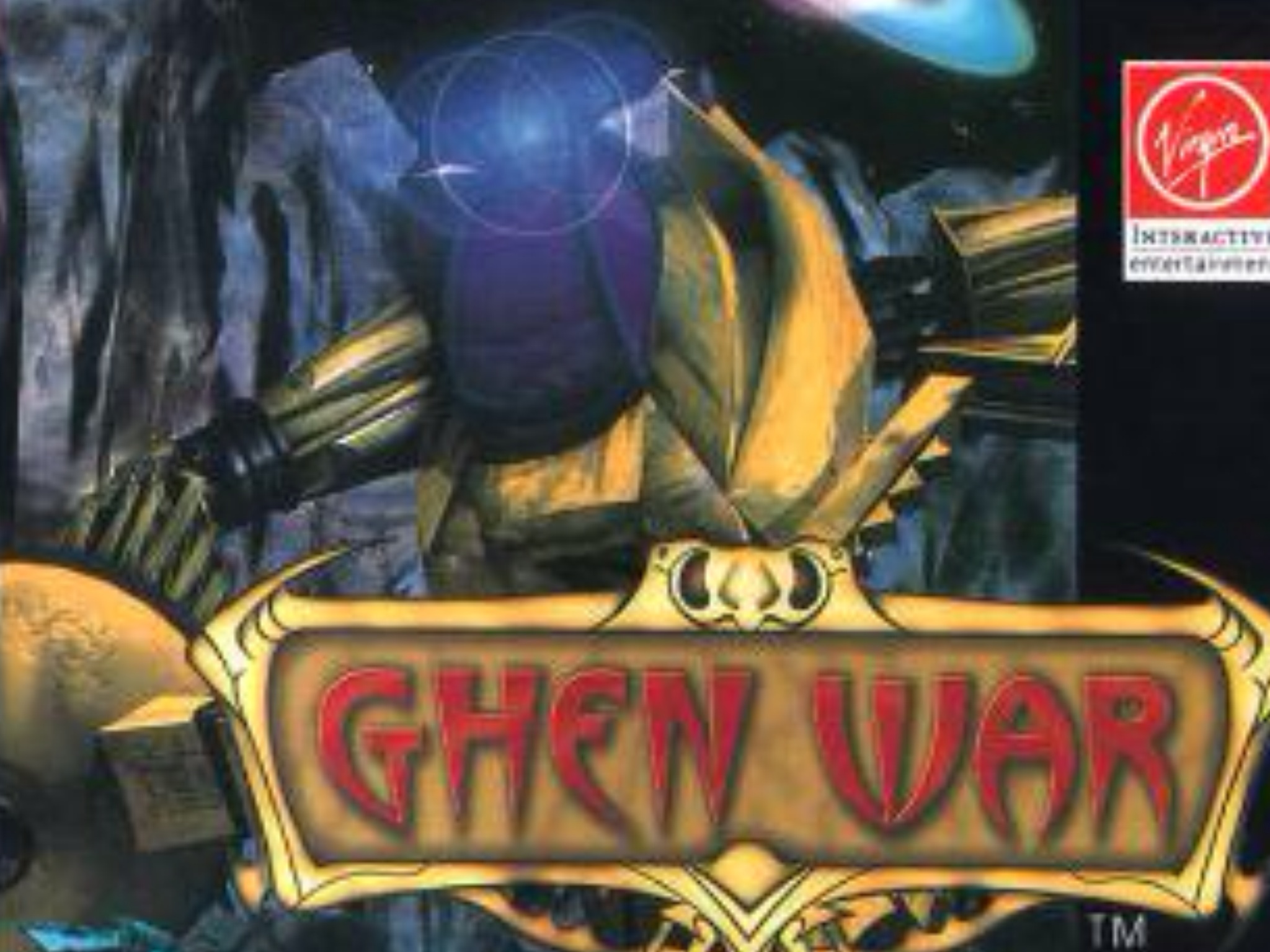Below is an excerpt from our letter requesting that the DOJ dismiss the criminal complaint against Artem Vaulin providing the view that the criminal claims fail as a matter of law.
//
Summary. The Criminal Complaint in combination with the Affidavit of the Homeland Security Investigator, together referred to herein as the “CC”, fail to properly allege a crime as a matter of law. There is no showing of probable cause for the alleged offenses or for any offense. This alleged criminal copyright case arises out of an erroneous theory of criminal copyright law advanced by the United States that attempts to hold Artem Vaulin ("Defendant") criminally liable for the alleged infringing acts of KAT's search engine users. Discussion of Mr. Vaulin’s involvement in KAT shall await another day. Distilled down, in terms of technology, nothing more is alleged in the CC than that a visitor to defendants' alleged "KickAssTorrents" ("KAT") site can take advantage of automated search processes embodied there to search for and locate "dot torrent" files. Such files contain textual information assembled by automated processes and do NOT contain copyrighted content. After leaving the defendants' alleged websites, the visitor may stop and do nothing or use the data in such torrent files in conjunction with third party "client" software; and that pursuit may, according to the desires of the user and the uncertain nature of the availability of third party files on the internet, lead to both infringing and non-infringing files being constructed that are located elsewhere on the Internet. By the time any possible primary infringement by a former KAT visitor could ever occur the visit to the site is long over.The indictment does not even come close to alleging direct "willful" copyright infringement as KAT contains and transmits no content files. Defendants cannot be held criminally responsible for what users do after they leave the KAT search engine behind. The Copyright Act does not criminalize secondary copyright infringement. 17 U.S.C. § 506; see also Metro-Goldwyn-Mayer Studios, Inc. v. Grokster, 545 U.S. 913, 930, 125 S.Ct. 2764, 2776, 162 L.Ed.2d 781 (2005) (hereinafter "Grokster") (noting that the Copyright Act does not expressly create any secondary liability). The Criminal statute at issue namely Section 506 only imposes liability for direct, willful infringement that causes specific damages. 17 U.S.C. § 506(a). The government’s copyright conspiracy theory for similar reasons fails as a matter of law. Such a conspiracy theory is little more than a novel back door attempt to improperly argue judge made civil secondary infringement in a criminal case. Trying to hold KAT criminally responsible for the entire global BitTorrent network does not pass muster.
The CC defects are breathtaking in scope and include failures in alleging geographical location and date of alleged offenses, conspiracy, willfulness and/or commercial advantage or gain.Although the CC categorically alleges that offsite downloads were "unauthorized," there is no specific allegations of the who, what, where, when, why, and how of any actual unauthorized downloads and no allegations to support criminal willful infringement.The absence of allegations of specific unauthorized downloads or direct infringements in the complaint is not inadvertent: rather it is a side effect of how far removed defendant is from the potential infringing event and it is part of an improper criminal complaint that purports to impose presumptive criminal liability on a BitTorrent search engine for alleged offsite infringements. It is also a sign that the government is eager to improperly introduce concepts of judge made civil law into a criminal statutory analysis.
The Affidavit is replete with incorrect, misleading and irrelevant allegations regarding BitTorrent technology and how KickAssTorrents was operated. Blanket allegations of a similar kind were lodged in the Seventh Circuit, where this case was filed, in Flava Works, Inc. v. Gunter, 689 F.3d 754 (7th Cir. 2012) and were found to be inadequate in a civil context. Civil cases such asFlava Works have rejected contentions that operators of informational websites such as KAT have a duty to monitor or supervise uses of information obtained from their sites. Most of the accusations in the CC could equally be lodged against the site inFlava Works named MyVidster and even the Google search engine.
The Affidavit fails to identify even one specific infringement committed within the last 180 days by someone in the United States of America, other than by HIS Special Agents. (See ¶ 19 of the Affidavit.) The Affidavit fails to connect automated operations of KAT servers with criminal knowledge or willfulness on the part of Defendant as to any copyright infringement in the United States, such as infringements of “Captain America: Civil War” alleged in Count Three of the Criminal Complaint and apparently referenced in the foregoing ¶ 19 of the Affidavit. There can be no criminal copyright infringement under US law for infringements occurring outside the United States. It is an "'undisputed axiom that United States copyright law has no extraterritorial application[.]'" Subafilms, Ltd. v. MGM-Pathe Commc'ns Co., 24 F.3d 1088, 1093 (9th Cir. 1994) (en banc), cert. denied, 513 U.S. 1001 (1994) (quoting 3 David Nimmer & Melville B., Nimmer on Copyrights § 12.04[A][3][b], at 12-86 (1991)). According to ¶ 40 of the Affidavit, KAT servers for “Subject Domain 4” of KAT operations that are referenced in ¶ 19 were located in Canada.
We address separate issues below. We urge you to dismiss the case.
1. Torrent Technology.
BitTorrent technology is a kind of decentralized peer-to-peer file-sharing that is well suited to distribution of files, such as software upgrades, videogames and videos. There are many independent legitimate creators who depend on BitTorrent technology. Like any other dual use technology BitTorrent technology is “dual use” and can be used for good and bad purposes. The BitTorrent technology at issue in this case is capable of substantial non infringing uses and is therefore protected by the Sony Doctrine.
An important principle of torrent technology is the “swarm,” which is comprised of individuals sharing and acquiring a file. One individual, called the “seed,” provides the original copy. Other individuals, called “leeches,” each acquire a piece of the seed’s file and then exchange pieces among themselves. A file may be broken up into dozens of pieces that are exchanged by individuals. In a large swarm, several seeds may appear. Individual join a swarm, share pieces amongst themselves and finally acquire a whole file, often thereafter leaving the swarm.
“Torrent files” maintained on a torrent site such as KAT are text files that provide information pointers into the BitTorrent network. Torrent files thus serve a similar function to hyperlinks but are more attenuated. Unlike hyperlinks where a click on the link can obtain a desired jump to another internet destination, such as an html “page” or pdf file, torrent files are more removed from the target. In order to use a torrent file, one must download the torrent file, leave the torrent search engine site, open up a third party "thin client" software to read the text information in the torrent file, and at some point initiate involvement in the global BitTorrent Network. This process can be automated by the end user by adjusting settings on the third party software. Once a user downloads a torrent file it leaves KAT behind.
A “torrent site” provides a search engine of torrent files. Towards that end, KAT provides a searchable index of torrents like that of other search engines.
Another online torrent component, a public “tracker,” enables computers using the BitTorrent protocol to contact each other.
Neither a torrent site nor a tracker ever stores, copies, or transmits copyrighted materials.
Inadequacy of the Affidavit is demonstrated by comparing its charges with objective facts of torrent technology. Paragraph 19 of the Affidavit inaccurately states: “Between on or about June 24, 2016, and on or about June 30, 2016, HSI Special Agents downloaded from the Northern District of Illinois the following prerelease movies from KAT (at Subject Domain 4).” There was no movie or other content on KAT that could ever be downloaded and therefore no direct infringements could have occurred on KAT. Perfect 10, Inc. v. Amazon.com, Inc., 487 F.3d 701, 717 (9th Cir. 2007) (party from whose site content is actually transmitted and subsequently displayed on the end-user’s screen is responsible for display, not search engine that merely links to that content). Infringements that occur after users, including HSI Special Agents, leave the KAT site behind cannot be criminally actionable against KAT.
2. Allegations that Defendant Himself Willfully Infringed Copyright in the United States are Devoid of Substance.
Counts Three and Four of the Criminal Complaint allege that Defendant himself committed criminal copyright infringement in the Northern District of Illinois by willfully distributing copyrighted works. The only copyrighted work identified in Counts Three and Four is “Captain America: Civil War,” referenced in paragraph 19, discussed supra. There is no evidence to support the allegations as “Captain America: Civil War” or as to any specific work. The lack of evidence is not surprising given that the KAT technology did not store or transmit any content. If a user committed copyright infringement, it is only after they left the KAT servers behind.
It is settled that liability for direct copyright infringement cannot be based on provision of information services to individuals that such individuals use to commit infringement. More specifically it is also well settled law that mere hyperlinks and their more attenuated cousin, torrent files, cannot constitute direct copyright infringement. In brief, because KAT did not copy anything or transmit content, it cannot be charged withdirect copyright infringement. See, e.g., Perfect 10, Inc. v. Amazon.com, Inc., 487 F.3d 701, 717 (9th Cir. 2007) (party from whose site content is actually transmitted and subsequently displayed on the end-user’s screen is responsible for display, not search engine that merely links to that content); Online Policy Group v. Diebold, Inc., 337 F. Supp. 2d 1195, 1202 n.12 (N.D. Cal. 2004) (“hyperlinking per se does not constitute direct copyright infringement because there is no copying.”);Arista Records, Inc. v. MP3Board, Inc., No. 00 CIV. 4660(SHS), 2002 WL 1997918, at *4 (S.D.N.Y. Aug. 29, 2002) (linking to content does not implicate distribution right and thus, does not give rise to liability for direct copyright infringement);Ticketmaster Corp. v. Tickets.com, Inc., 54 U.S.P.Q.2d 1344, 1346 (C.D. Cal. 2000) (“[H]yperlinking does not itself involve a [direct] violation of the Copyright Act (whatever it may do for other claims) since no copying is involved. . . . [It] is analogous to using a library’s card index to get reference to particular items, albeit faster and more efficiently.”);Bernstein v. JC Penney, Inc., No. 98-2958 R EX, 1998 WL 906644, at *1 (C.D. Cal. Sept. 29, 1998) (granting motion to dismiss on the ground that hyperlinking cannot constitute direct infringement).
On or about April 7, 2016 the Court of Justice in the EU ruled that defendant’s provision of hyperlinks on the Internet that lead to publicly available files on third party servers does not constitute direct copyright infringement. (GS Media BV v Sanoma Media Netherlands BV, Playboy Enterprises International Inc., Britt Geertruida Dekker). The EU Court of Justice would likely rule that torrent files that lead to publicly available files on third party servers do not constitute direct copyright infringement. To the extent that there is a dual criminality analysis in Poland this, amongst other things, makes any extradition request highly dubious.
The failure to properly allege direct infringement is fatal to the government’s claim. Even in cases where a defendant is criminally charged with actual copying or direct infringement the standard is extremely high. The copyright statute itself indicates the higher level of knowledge and intent in a “willfulness” mental state. “Evidence of reproducing and distributing copyrighted works does not, by itself, establish willfulness.” See 17 U.S.C. § 506(a)(2). Willfully” as used in 17 U.S.C. § 506(a) connotes a “voluntary, intentional violation of a known legal duty.” United States v. Liu, 731 F.3d 982, 990 (9th Cir. 2013). Proof of the “defendant's specific intent to violate someone's copyright is required.”Id. at 989-90. 66. Liu further holds that a general intent to copy is insufficient for criminal copyright liability. Id. at 991. If 17 U.S.C. § 506(a)’s willfulness requirement were read “to mean only an intent to copy, there would be no meaningful distinction between civil and criminal liability in the vast majority of cases.” Id. “[W]illful infringement requires a showing of specific intent to violate copyright law.” BC Tech., Inc. v. Ensil Int’l Corp., 464 Fed. Appx. 689, 696 (10th Cir. 2012). The language of the statute and interpretation by the courts teaches us that ignorance of the law is a defense.
The government has not properly alleged willful infringement against any person who has used KAT.
In the instant case the government’s case fails at the threshold as KAT was not involved in copying or transmitting any content and cannot be a direct willful infringer as a matter of law.
3. There is No Criminal Liability for Secondary or Indirect Copyright Infringement.
The Affidavit appears to base criminal charges on allegations and legal doctrines that are limited to the context of civil proceedings pursuant to theories of secondary or indirect copyright infringement. Secondary liability in civil copyright law is a common law creation made by judges. SeeSony Corp. v. Universal City Studios, Inc., 464 U.S. 417, 434 (1984) (“The Copyright Act does not expressly render anyone liable for infringement committed by another.”);Perfect 10, Inc. v. Visa Int’l Serv. Ass’n, 494 F.3d 788, 794-95 (9th Cir. 2007) (“Contributory copyright infringement is a form of secondary liability with roots in the tort-law concepts of enterprise liability and imputed intent.”);Demetriades v. Kaufmann, 690 F. Supp. 289, 291-92 (S.D.N.Y. 1988) (“Federal copyright law, unlike patent law, does not expressly create any form of derivative, third-party liability.”).
Erroneous allegations in the Affidavit include references to theDigital Millennium Copyright Act of 1998, 17 U.S.C. § 512 or DMCA. Among other provisions, the DMCA establishes a “safe harbor” from civil liability for online service providers (“OSP”), namely, a statutory defense against civil infringement claims. See Viacom Int'l, Inc. v. Youtube, Inc., 676 F.3d 19, 2012 BL 84337, 102 U.S.P.Q.2d 1283 (2d Cir. 2012).
Alleged failures to comply with the conditions of a DMCA civil defense does not create a criminal cause of action. There is no Act of Congress establishing a crime for violations of the DMCA safe harbors. The DMCA is a defense in the civil context of contributory and vicarious liability for copyright infringement committed by third parties and of liability for intentionally inducing third parties to commit copyright infringement.
The Government knowing that Judge made civil law for internet secondary copyright infringement could not be applied in the criminal statutory context is attempting to use the vague and novel theory of criminal “conspiracy” to try to argue it through a back door and such arguments fail as a matter of law. There is a scarcity of judicial opinions in contested criminal copyright cases that discuss how a criminal conspiracy theory could apply to mere internet hyperlinks or torrent files/trackers. The government by throwing against the wall the criminal conspiracy theory without any statutory support from Congress is trying to argue Judge made civil common law by analogy. Common-law civil liability principles cannot be extended to impose criminal liability. Crimes must be specifically defined by Congress. Federal crimes “are solely creatures of statute.” Liparota v. United States, 471 U.S. 419, 424 (1985); accord United States v. Lanier, 520 U.S. 259, 267 n.6 (1997) (“Federal crimes are defined by Congress, not the courts . . .”). In copyright law in particular, “the deliberation with which Congress . . . has addressed the problem of copyright infringement for profit, as well as the precision with which it has chosen to apply criminal penalties in this area, demonstrates anew the wisdom of leaving it to the legislature to define crime and prescribe penalties.” Dowling v. United States, 473 U.S. 207, 228 (1985).
As Justice Blackmun observed inDowling, copyright is an area in which Congress has chosen to tread cautiously, relying "chiefly . . . on an array of civil remedies to provide copyright holders protection against infringement," while mandating "studiously graded penalties" in those instances where Congress has concluded that the deterrent effect of criminal sanctions are required.Dowling, supra at 221, 225. "This step-by-step, carefully considered approach is consistent with Congress' traditional sensitivity to the special concerns implicated by the copyright laws."Id. at 225.
TheDowling court also stated: “It is the legislature, not the Court, which is to define a crime”) (quotingUnited States v. Wilberger, 5 Wheat. 76 (1820)). “Accordingly, when assessing the reach of a federal criminal statute, [courts] must pay close heed to language, legislative history, and purpose in order strictly to determine the scope of the conduct the enactment forbids.” Dowling v. United States, 473 U.S. 207, 213, 228-29 (1985). In determining whether Congress intended to criminally proscribe a particular act, a “narrow interpretation” is appropriate. Id.
The absence of a crime of secondary copyright infringement is further evidenced by Congress’ repeated - and so far unsuccessful - attempts to pass legislation aimed at conduct the Government is prosecuting here. See S. 968 - 112th Congress: Protecting Real Online Threats to Economic Creativity and Theft of Intellectual Property Act (2011) (aimed at websites that link to infringing materials); S. 3804 - 111thCongress: Combating Online Infringement and Counterfeits Act (2010) (proposing to authorize the Justice Department to file an in rem civil action against a domain name used to access an Internet site or sites “dedicated to infringing activities.”).
In a large-scale perspective, fundamental principles of due process preclude the Government from criminally charging defendants for acts that previously only constituted, at most, civil liability under principles of secondary or indirect copyright infringement arising from Judge made law. United States v. Lanier, 520 U.S. 259, 266 (1997) (“[D]ue process bars courts from applying a novel construction of a criminal statute to conduct that neither the statute nor any prior judicial decision has fairly disclosed to be within its scope.”) In doubtful cases of criminal charges, the Supreme Court applies “the rule of lenity,” which requires a court to interpret ambiguous statutory schemes in favor of defendants. See,Skilling v. United States, 561 U.S. 358, 410 (2010) (“ambiguity concerning the ambit of criminal statutes should be resolved in favor of lenity”). The government should not be given free reign to make up new theories of secondary criminal copyright liability in the internet or hyperlink/torrent file realm by calling it “conspiracy” or any other term – especially when one would have to guess where civil secondary copyright infringement ends and criminal copyright conspiracy begins and Congress has been asked to act and declined.
4. There is No Specific Evidence that Defendant Conspired with Others to Willfully Infringe Copyright in the United States.
Even if one assumesarguendo that a criminal copyright conspiracy can be alleged it fails as a matter of law. Count One of the Criminal Complaint alleges conspiracy to commit copyright infringement. A conspiracy charge contains three elements: (1) "an agreement between two or more persons to act together in committing an offense," (2) "an overt act in furtherance of the conspiracy," and (3) "[t]here must be some showing that the defendant knew the conspiracy's purpose and took some action indicating his participation." United States v. Chorman, 910 F.2d 102, 109 (4th Cir. 1990). See, United States v. Kingrea, 573 F.3d 186, 193 (4th Cir. 2009) (dismissing indictment that "failed to state an offense against the United States as the object of the conspiracy.").
The Government must show a union of criminally willful conduct on the part of an actual infringer and criminally willful conduct on the part of a conspirator or “double willfulness”. Evidence that KAT acted willfully to directly infringe is insufficient if it does not unite with underlying and offsite direct infringements that are also willful. See 17 U.S.C. § 506(a);United States v. Mekjian, 505 F.2d 1320, 1324 (5th Cir. 1975) (dismissing indictment that failed to allege willfulness);Med. Supply Chain, Inc. v. Neoforma, Inc., 419 F. Supp. 2d 1316, 1328 (D. Kan. 2006) (civil complaint). “Even if civil liability has been established, without the requisite mens rea it does not matter how many unauthorized copies or phonorecords have been made or distributed: No criminal violation has occurred.” The required agreement between conspirators need not take a particular form, however, there must be some genuine meeting of the minds as to commission of a crime: merely engaging in a business transaction is not sufficient to charge the crime of conspiracy. As one court explained, ordinary retail businesses are not engaged in a conspiracy with their customers merely because they engage in repeat or standardized transactions. See,United States v. Colon, 549 F.3d 565, 567-68 (7th Cir. 2008) (finding no conspiracy because “[i]f you buy from Wal-Mart your transactions will be highly regular and utterly standardized, but there will be no mutual trust suggestive of a relationship other than that of buyer and seller.”).
Any infringements that could possibly occur would have to occur after a user left the KAT site behind. There is no allegation of direct communication between Defendant and any direct infringer, and no probable cause for accusations that Defendant or KAT entered into a relationship with any user that involved anything other than “highly regular and utterly standardized” automated processes of the torrent file search engine and the tracker servers. There is a lack of evidence of actionable agreements, willful primary infringements, and overt acts. This is not surprising given how attenuated the KAT site was from any offsite infringements.There can be no criminal conspiracy to violate the judge made civil law in Grokster and its progeny. The alleged prior judgments are irrelevant. The conspiracy statute under 18 U.S.C. 371 makes clear that the object of the conspiracy must be an offense or fraud against the United States. Therefore, there can be no criminal conspiracy to commit a mere civil copyright infringement as a matter of law.
The government is alleging a novel theory that if allowed to succeed gives too much discretion to prosecutors using vague allegations to engulf large parts of the internet, such as the Google search engine and BitTorrent network. Such a novel criminal law theory, placed under the lens of Dowling, ought to be subject to debate by Congress and implemented, if at all, through legislation where competing benefits and burdens on the growth of the internet can be properly debated and analyzed.
5. Copyright Infringements Are Actionable Only If They Occur in the United States.
It is an “‘undisputed axiom that United States copyright law has no extraterritorial application[.]’”Subafilms, Ltd. v. MGM-Pathe Commc’ns Co., 24 F.3d 1088, 1093 (9th Cir. 1994) (en banc), cert. denied, 513 U.S. 1001 (1994) (quoting 3 David Nimmer & Melville B.,Nimmer on Copyrights § 12.04[A][3][b], at 12-86 (1991)); see Nintendo of Am., Inc. v. Aeropower Co. Ltd., 34 F.3d 246, 249 n.5 (4th Cir. 1994) (noting that the Copyright Act is “generally considered to have no extraterritorial application”);In re Outsidewall Tire Litig., 2010 WL 2929626, at *8 (E.D. Va. July 21, 2010) (citing with approval the Ninth Circuit’s extraterritoriality analysis inSubafilms). 50. “For the Copyright Act to apply, ‘at least one alleged infringement must be completed entirely within the United States.’”Elmo Shropshire v. Canning, No. 10-CV-01941-LHK, 2011 WL 90136, at *3 (N.D. Cal. Jan. 11, 2011) (quoting Los Angeles News Serv. v. Reuters Television Int’l, Ltd., 149 F.3d 987, 990-91 (9th Cir. 1998)); accordRundquist v. Vapiano SE, 798 F. Supp. 2d 102, 126 (D.D.C. 2011).
Inadequacy of the Affidavit is again demonstrated. Servers for “Subject Domain 4” referenced in Paragraph 19, supra, are located in Canada. (Affidavit, paragraph 40.) The only activities that are alleged in that paragraph to have occurred in the United States are activities of HSI agents.The government has the burden of proof on this US territoriality issue and there is a wholesale lack of evidence in the CC.
6. The Money Laundering Claims Lack Merit
Count Two of the Criminal Complaint alleges money laundering. Allegations are dependent on charges of criminal copyright infringement as there are no illegal proceeds without an underlying crime. Given that the complaint fails to properly allege any type of criminal copyright claim, the money laundering claims fails as a matter of law. There is no showing that earnings of Defendant were the result of or causally related to actionable criminal copyright infringements occurring in the United States.
 Monday, October 3, 2016 at 03:41PM
Monday, October 3, 2016 at 03:41PM  Admin | Comments Off |
Admin | Comments Off | 


